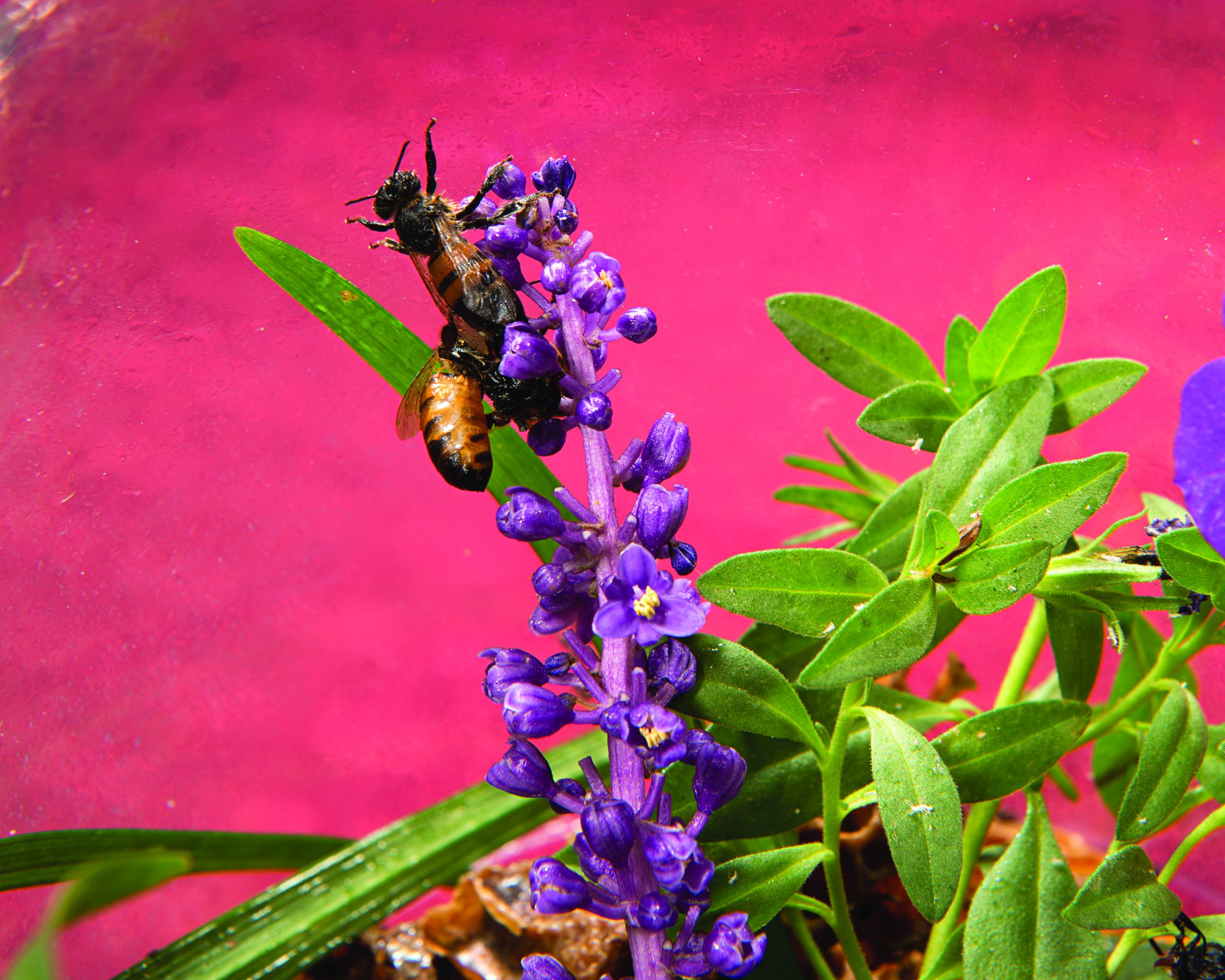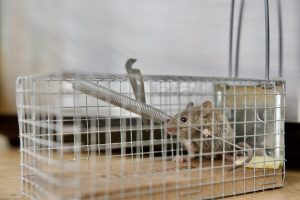If you’re a homeowner, property manager, facility maintenance professional, pest control operator, or just someone curious about the impact of a warm winter on those pesky bugs, you’ve come to the right place. Let’s explore how warm winters can set the stage for an insect-filled spring and what you can do to prepare.
Normal Bug Behavior in Winter
Ever wondered where bugs go during the winter? Most insects remain in their natural habitat but tend to move deeper underground or find shelter in leaf litter, under rocks, or within tree bark. Some insects may migrate to warmer regions if the local climate becomes too cold for survival. Those who hibernate or enter a state of dormancy do so to reserve energy levels, ensuring their survival through the winter.
Diapause is a period of decreased metabolic activity and can occur at any life cycle stage, including while an insect is an egg, nymph, larva, pupa, or adult. This state halts growth in early life and pauses reproductive activity in adults. Diapause assists insects in surviving harsh conditions by saving energy and lowering the danger of damage caused by low temperatures.
During diapause, insects may also undergo physiological changes, such as reduced water loss, allowing them to withstand freezing temperatures better. For instance, some species produce natural antifreeze substances that protect their cells from ice crystal formation. By entering diapause and adopting these adaptive strategies, bugs can successfully overwinter and come out in spring when conditions are favorable.
The Impact of Weather on Insects
A warmer winter can throw off insects’ natural rhythms, making them more active when you might expect them to be hiding away. Instead of conserving energy and relying on their winter food stores, bugs may start flying around and reproducing earlier than usual if the winter sees milder temperatures. As a result, you may notice an increase in insects in spring, which might mean more buzzing in your backyard and possibly more pests trying to make themselves at home.
Why Are the Bugs So Bad This Year?
Have you noticed an influx of bugs this spring? Warmer winters can lead to an early emergence of insects. Since they haven’t been dormant, their numbers multiply faster than usual. More bugs awake and active earlier means you might see them invading your space sooner than expected.
How Temperature Affects Insects
Temperature impacts insect metabolic rates and lifecycles, influencing how quickly they grow and reproduce. Warmer winters allow bugs to remain active, survive the cold months, and emerge in large numbers when spring arrives. Observing winter temperatures can often predict the type of pest issues that may arise in the spring.
Proactive Measures for Homeowners and Professionals
Fortunately, you can keep your spring as insect-free as possible with the right preparation.
Warning Signs of an Early Pest Infestation
Stay on the lookout for early signs of a pest problem. You might notice droppings, damaged wood, or even the bugs themselves. As spring kicks in, bugs become more active, so be vigilant and take action if you see any unusual activity.
Secure Your Property Today
You can protect your home or facility from springtime pests by taking some proactive measures:
- Store food properly: Use airtight, sealed containers to store food and prevent pests like ants and cockroaches from accessing your supplies. This step is especially important for dry goods and pet food.
- Keep trash secured: Regularly remove the trash and keep it in bins with tight-fitting lids to keep insects out. Doing so reduces the attraction of pests such as flies and rodents to your waste.
- Deep clean your home: Pay close attention to hard-to-reach areas, such as behind appliances and within drains, to remove potential hiding spots and breeding grounds for pests.
- Clean soft surfaces: Wash bedding, couches, rugs, and curtains regularly to remove crumbs, dust, and other debris that might attract pests or provide a habitat for them.
- Patch exterior holes: Inspect your home for cracks, holes, or gaps in walls, windows, and doors, and patch them up to prevent pests from entering your property.
- Maintain landscaping: Keep your yard well-maintained by trimming bushes and trees away from the house and clearing out debris. This effort makes it more difficult for insects to find places to shelter and reproduce.
- Eliminate standing water: Remove standing water around your property to prevent mosquitoes and other pests from breeding. Check areas such as gutters, flower pots, and outdoor containers.
- Know when to call a professional: If a pest infestation becomes too large to manage on your own, seek the help of a professional pest control service for effective and safe treatment.
Why Choose Quest Termite & Pest?
Quest Termite & Pest offers free inspections and award-winning quality service. As a family-owned business, we provide tailored solutions for homeowners, property managers, facility maintenance professionals, and other individuals. Our full-service pest management company covers everything from bed bug removal to termites, mice, bees, and more.







